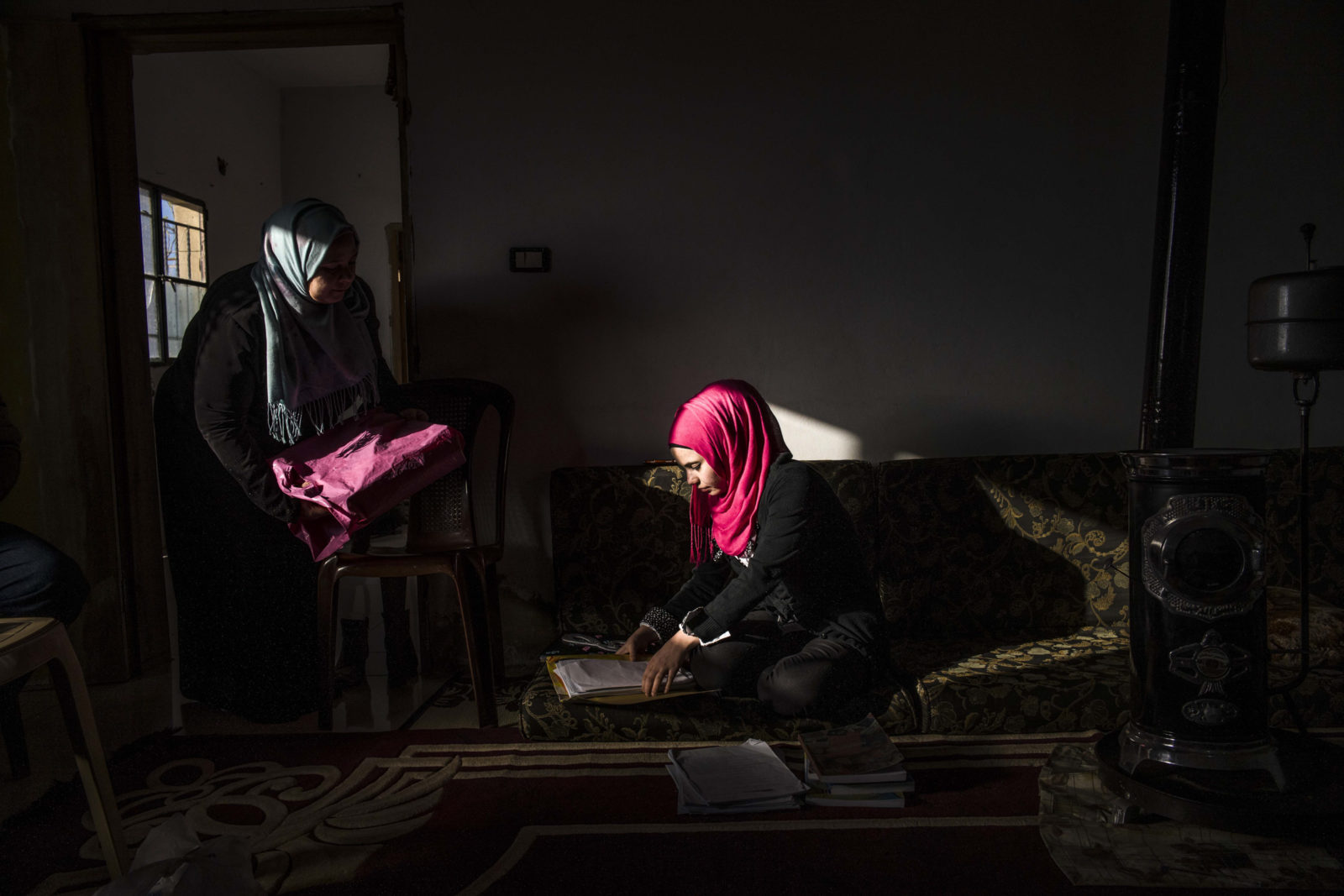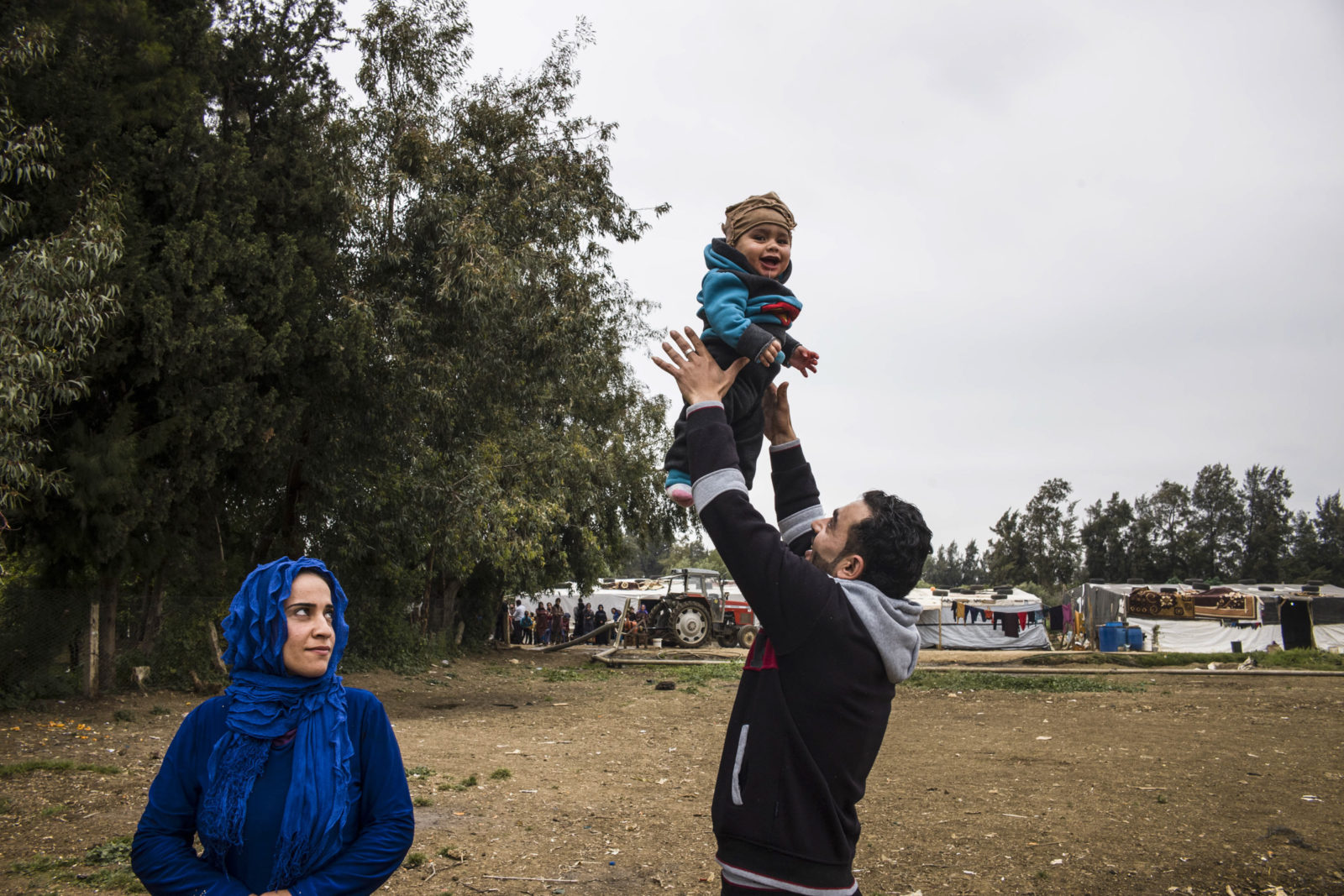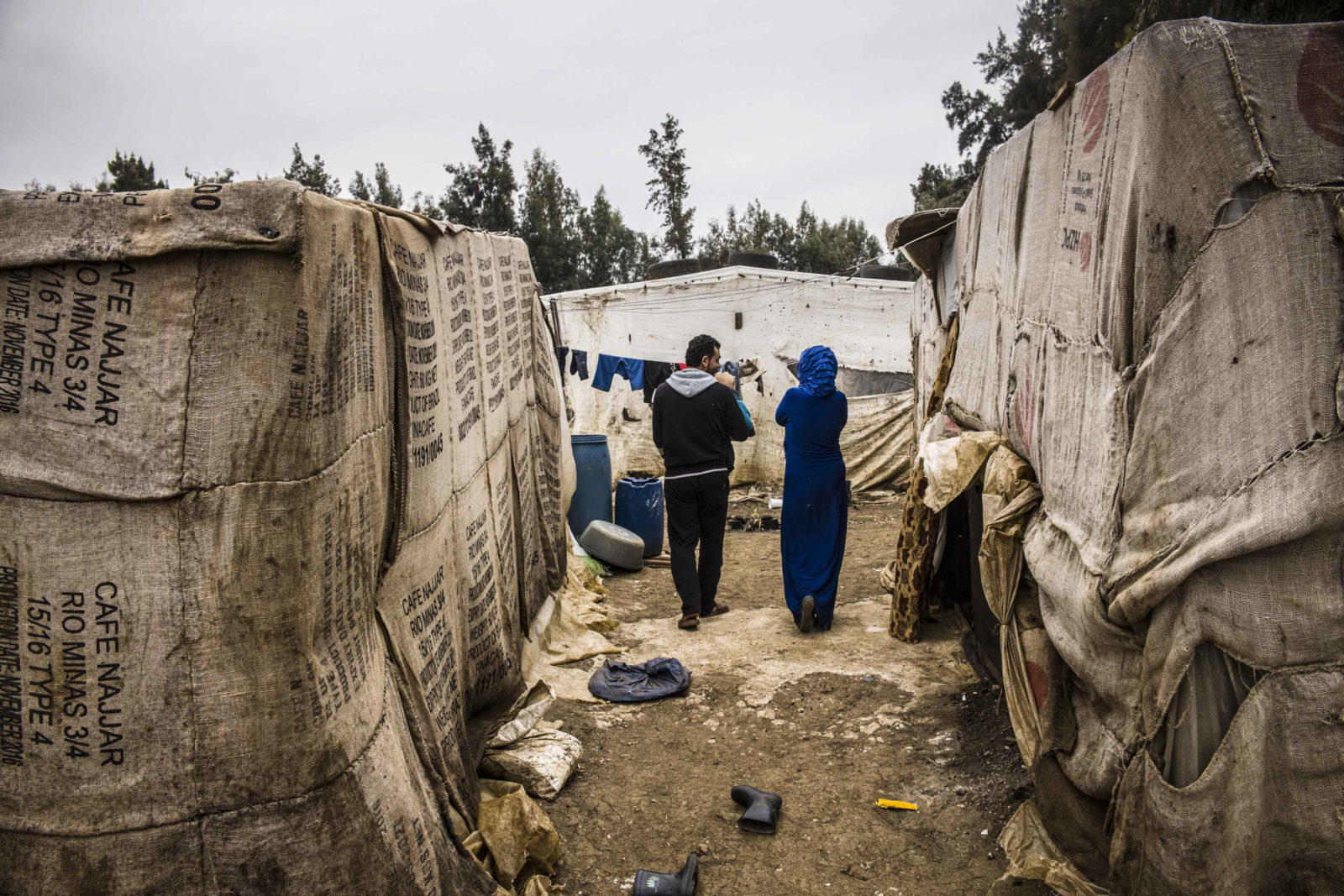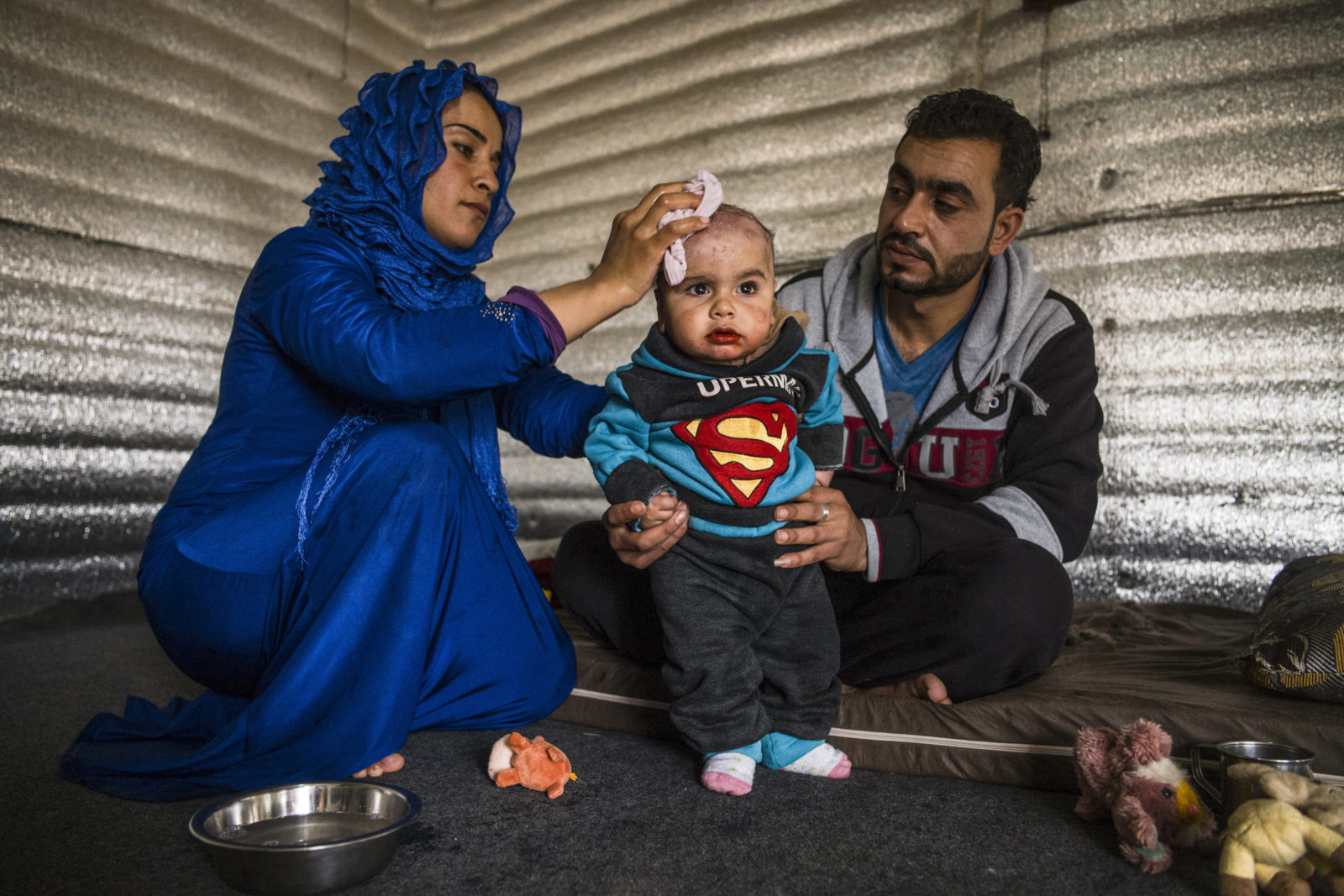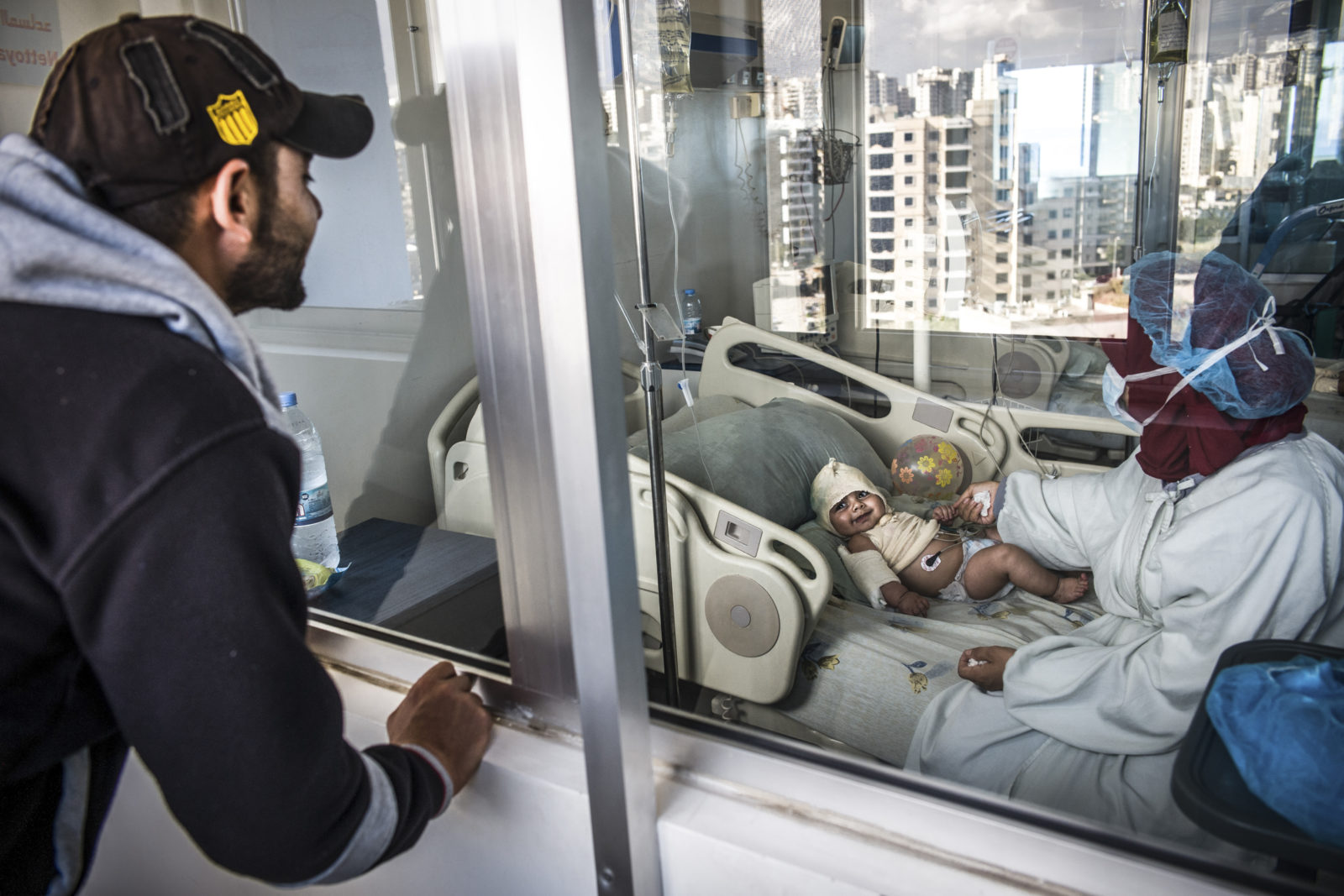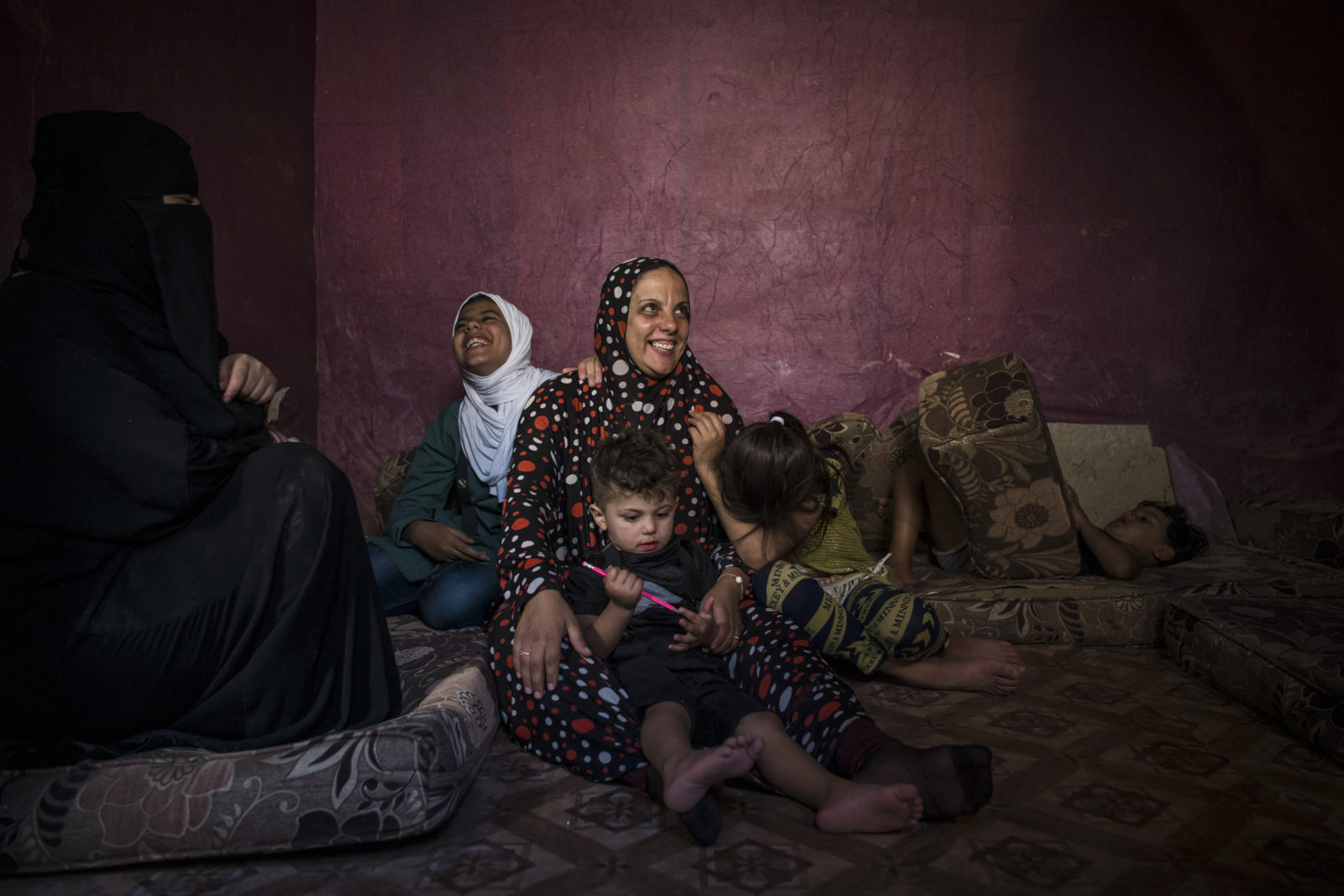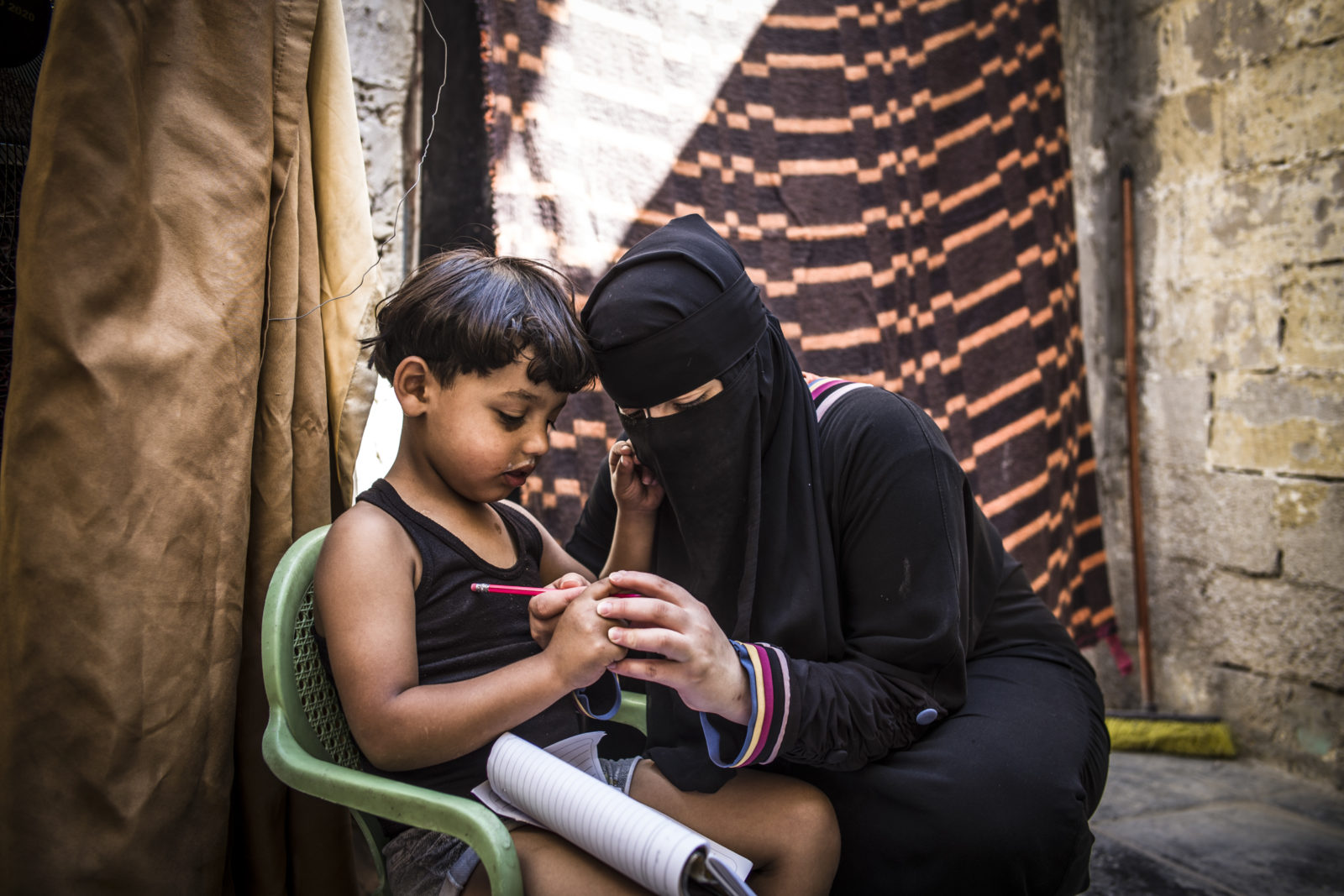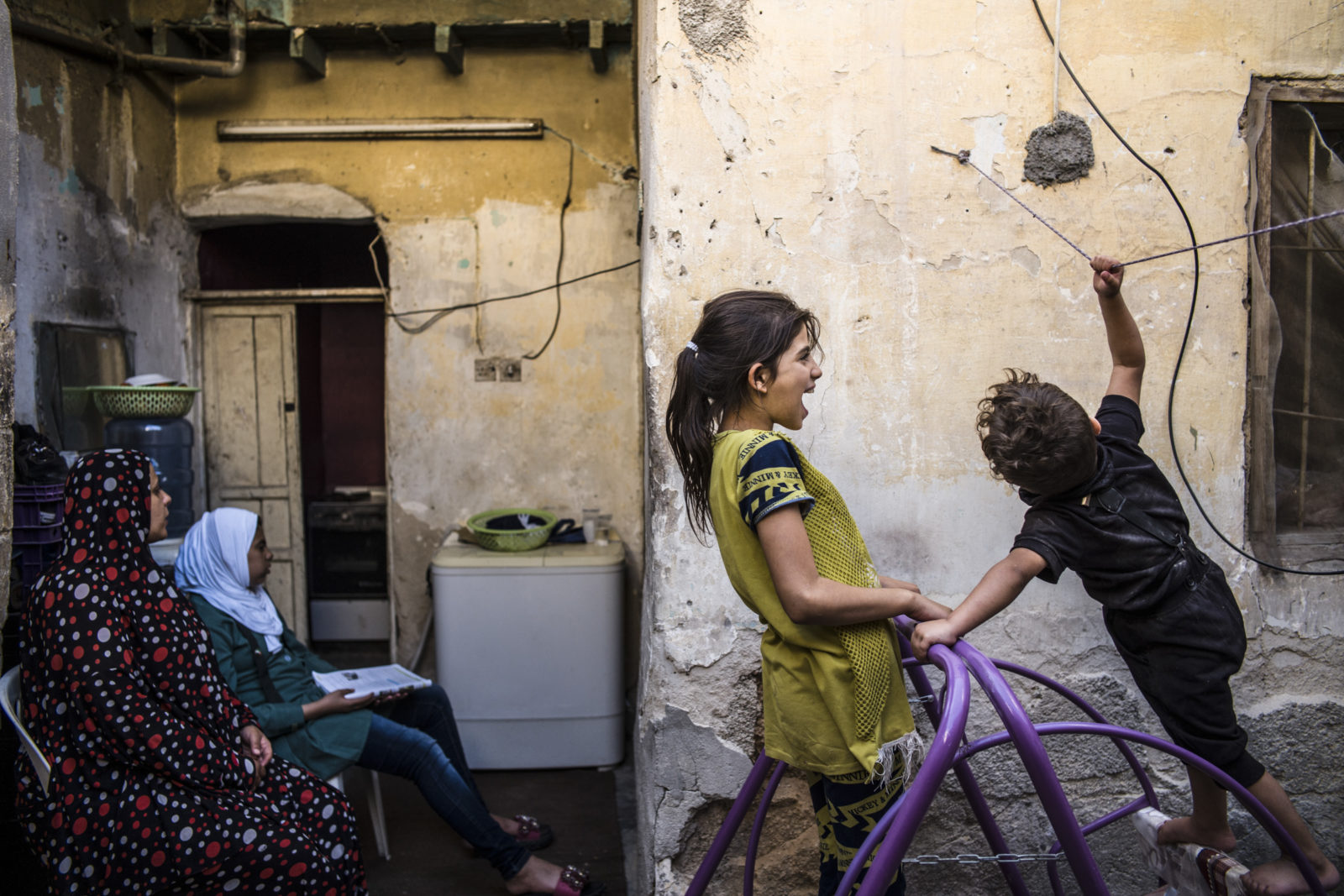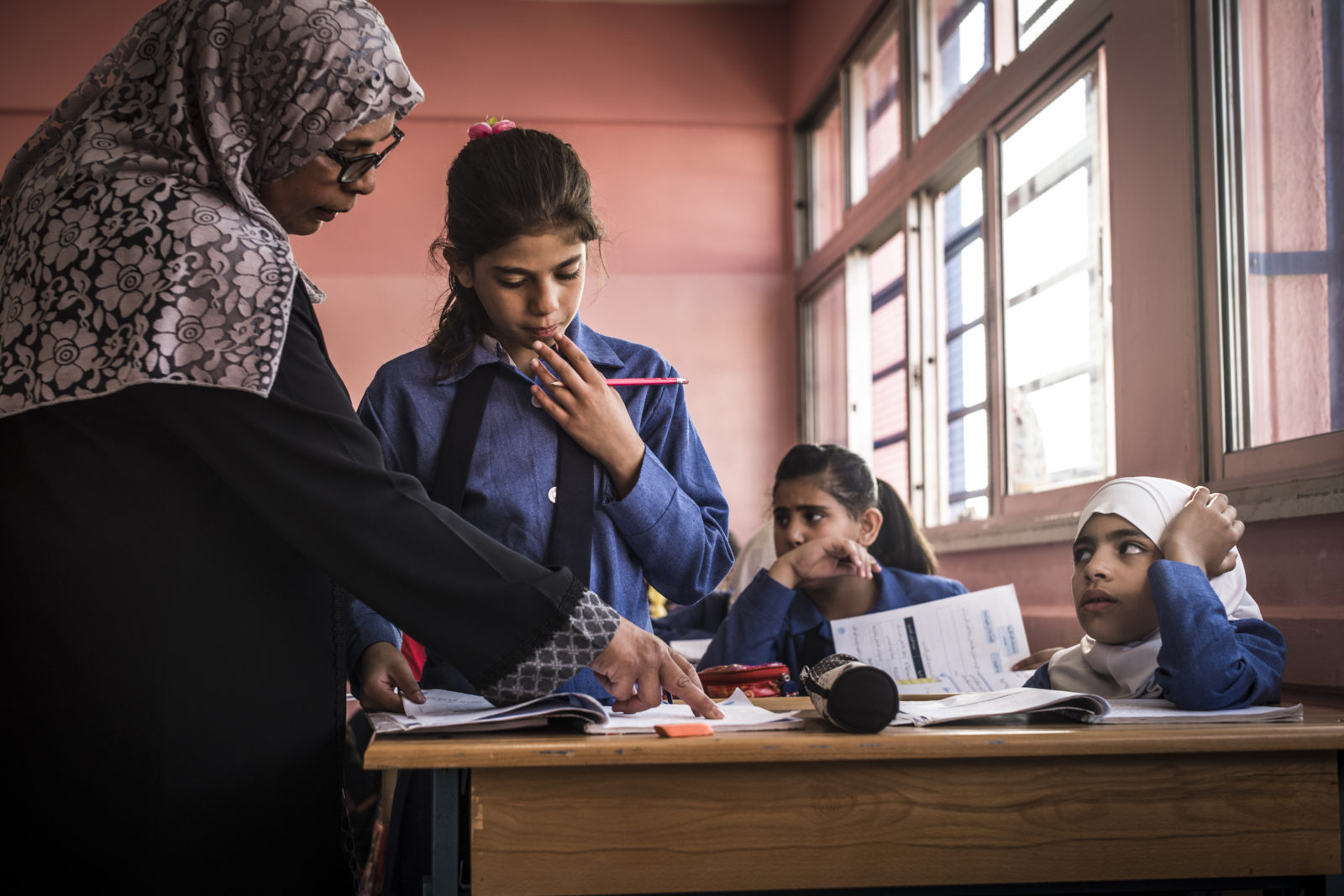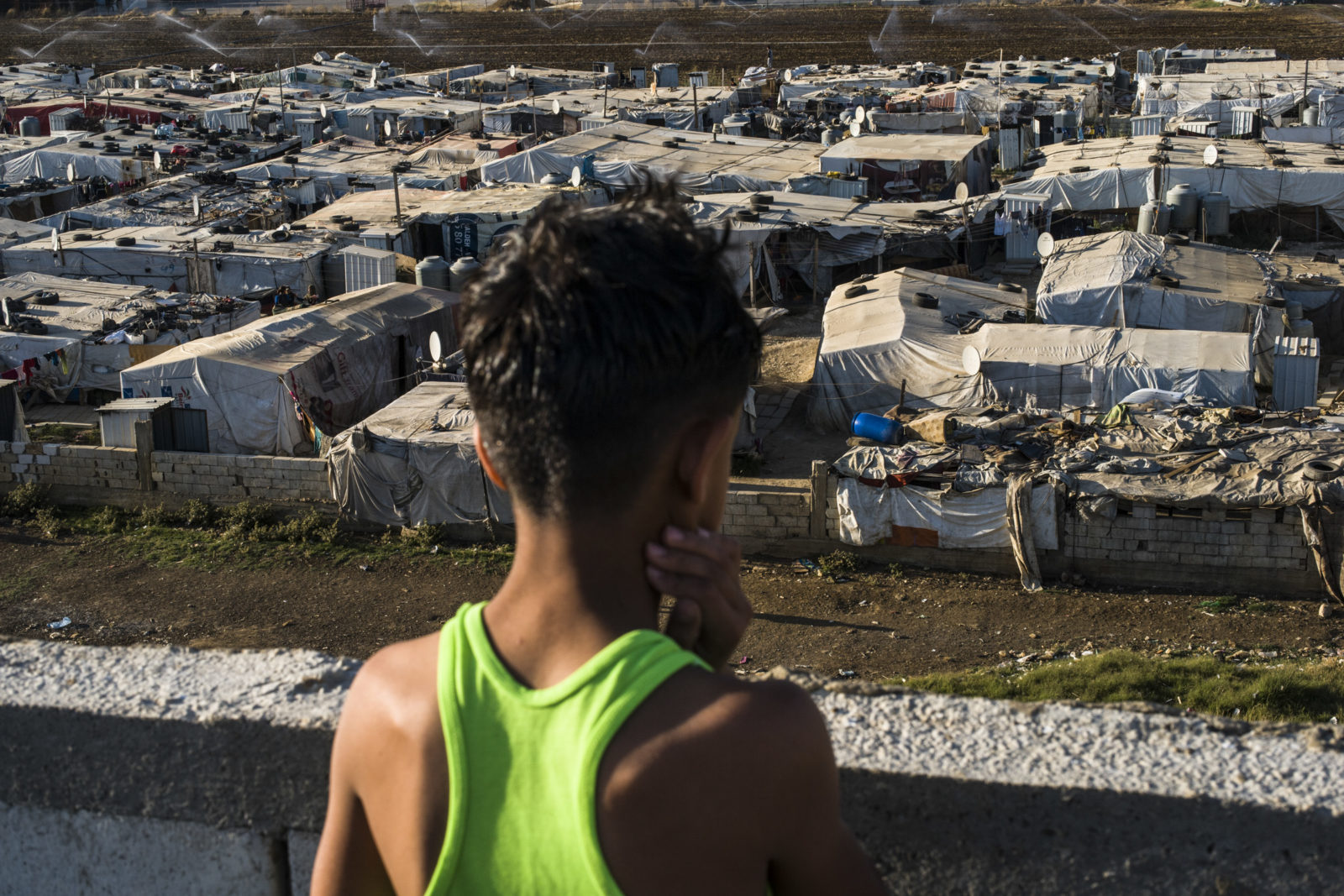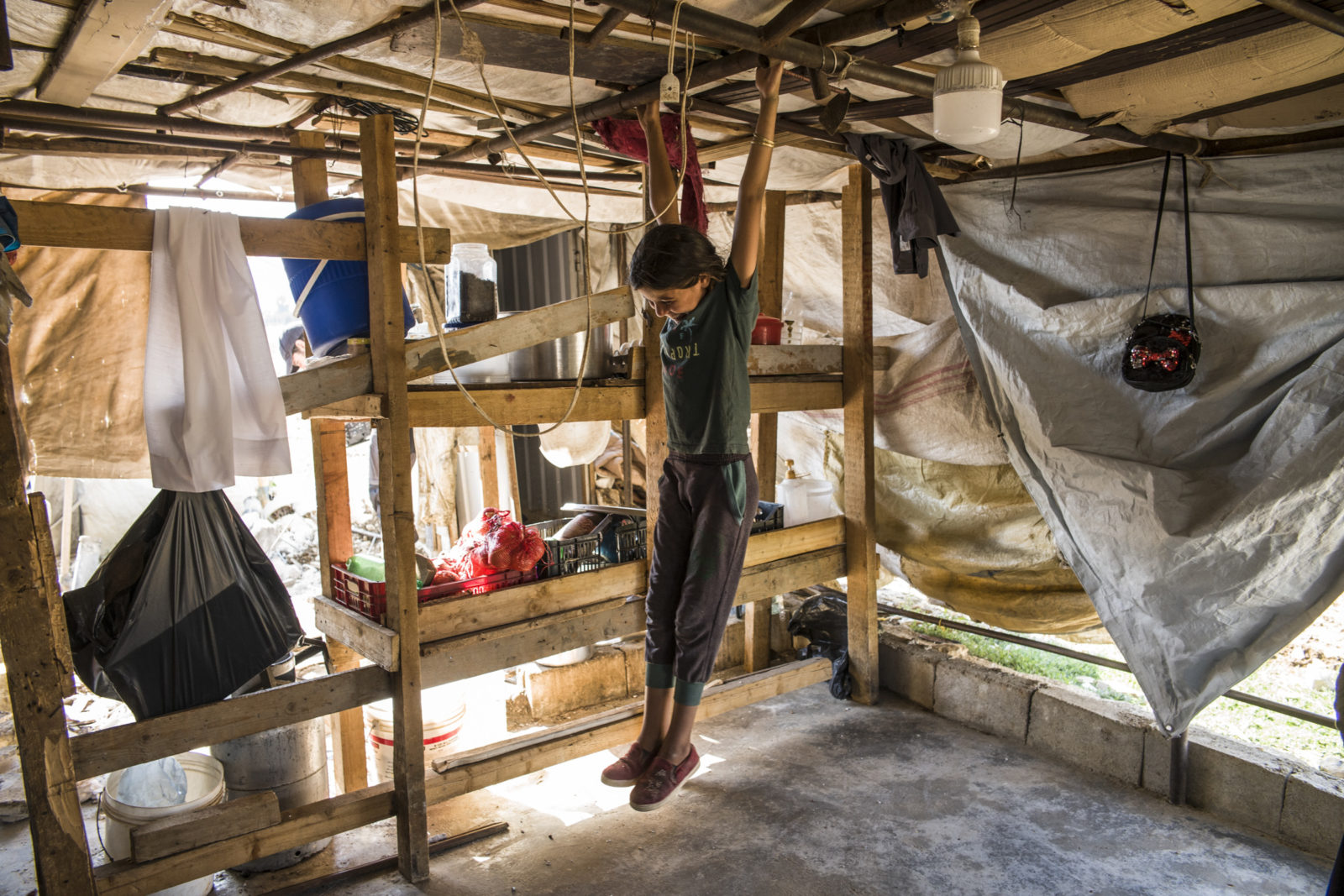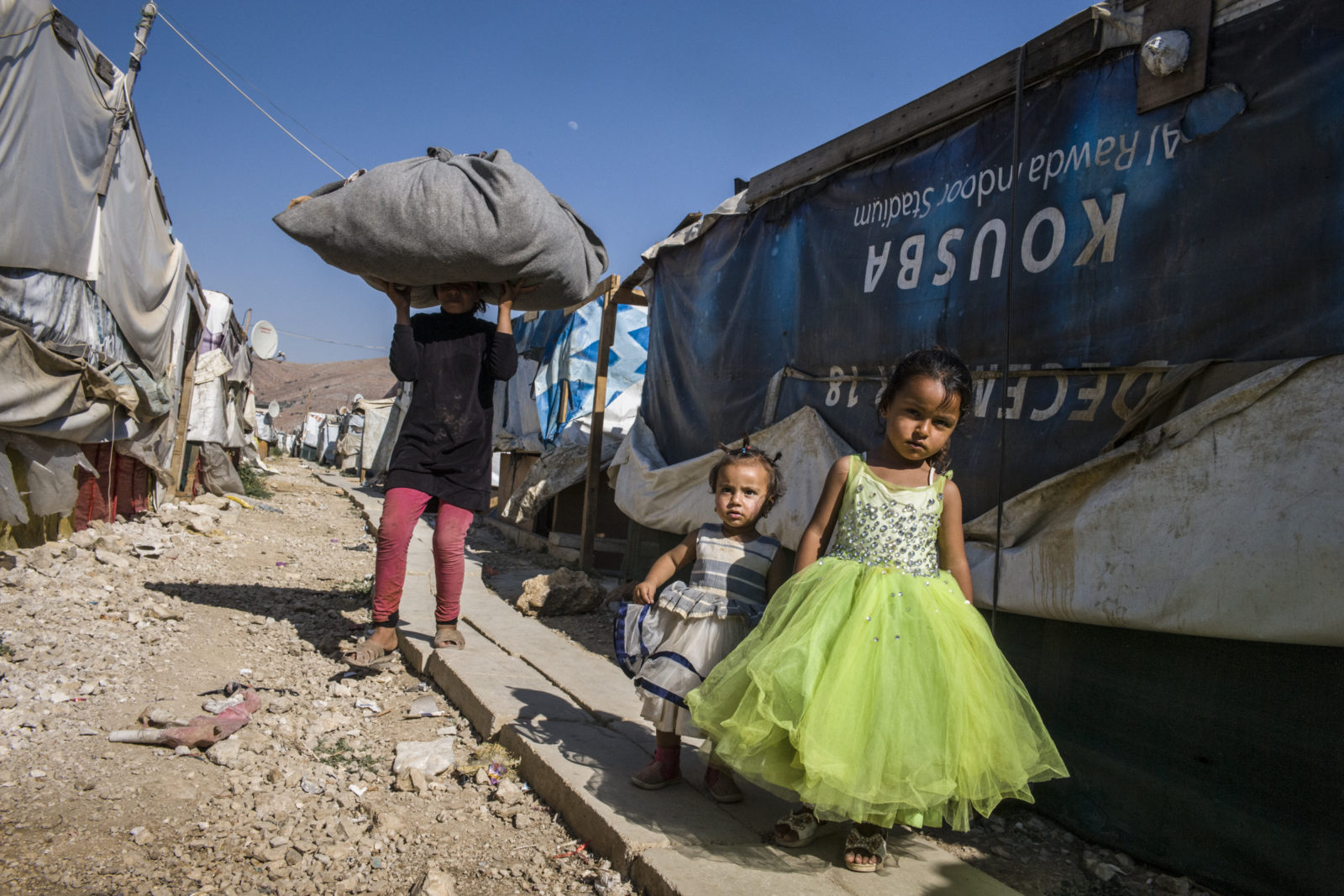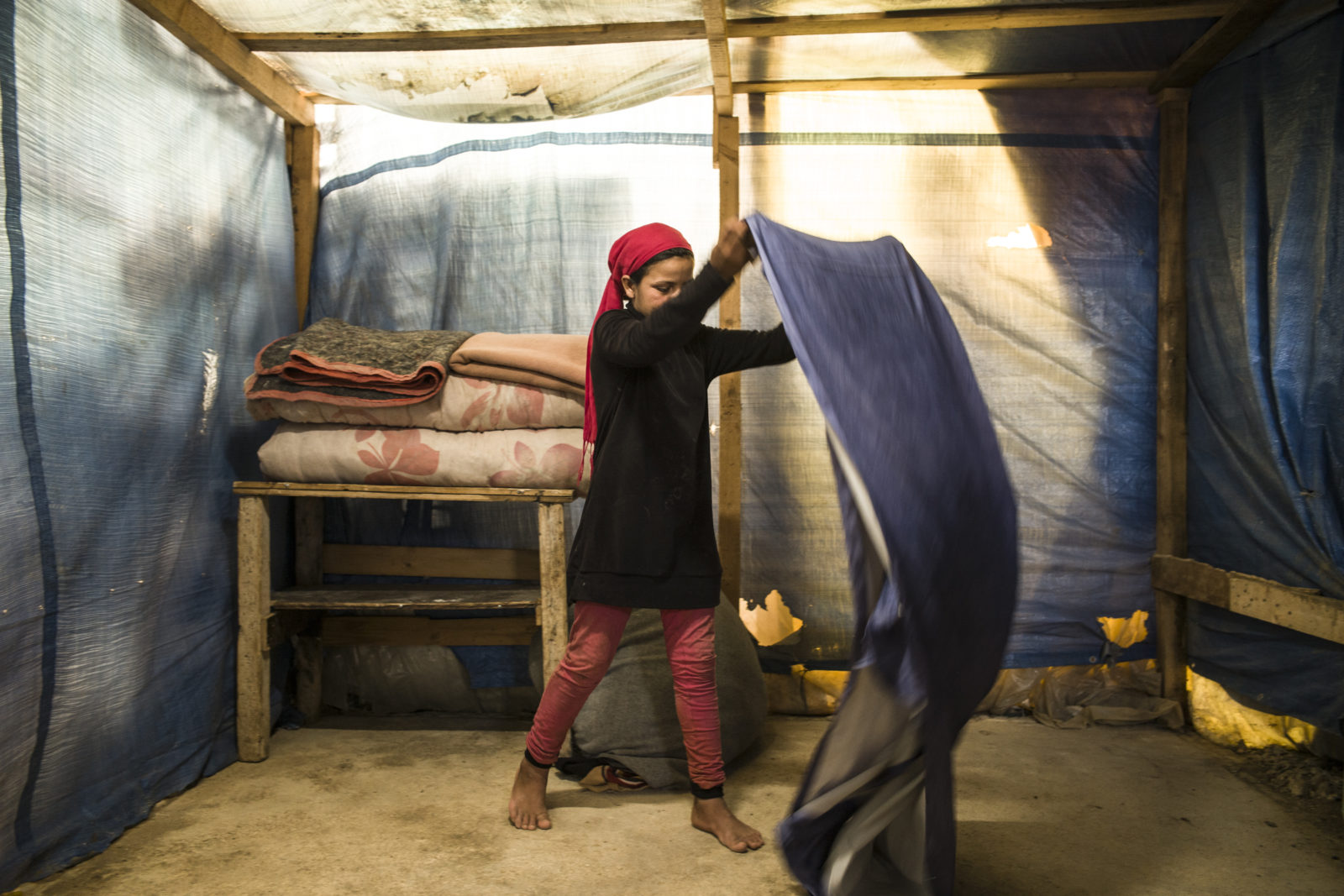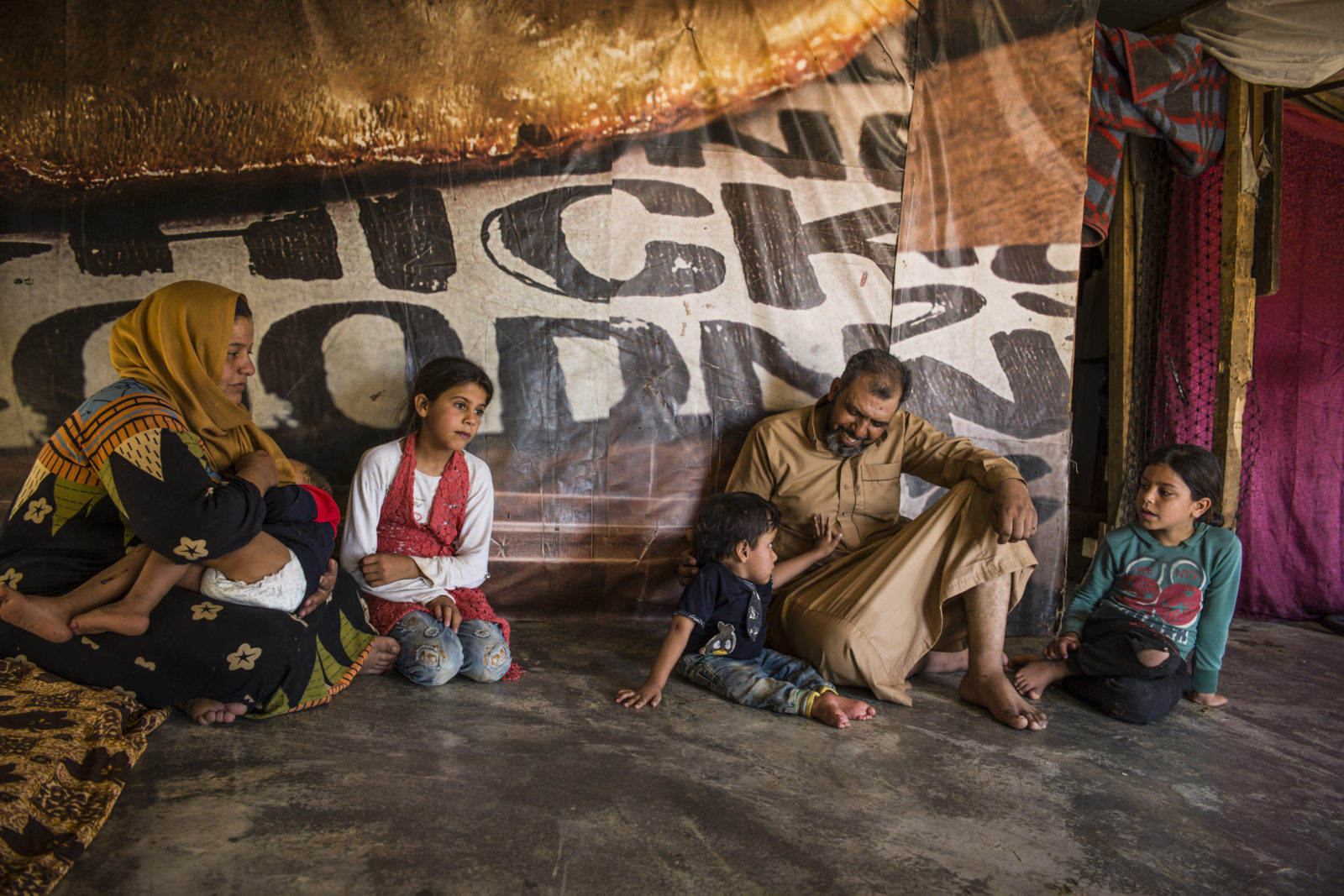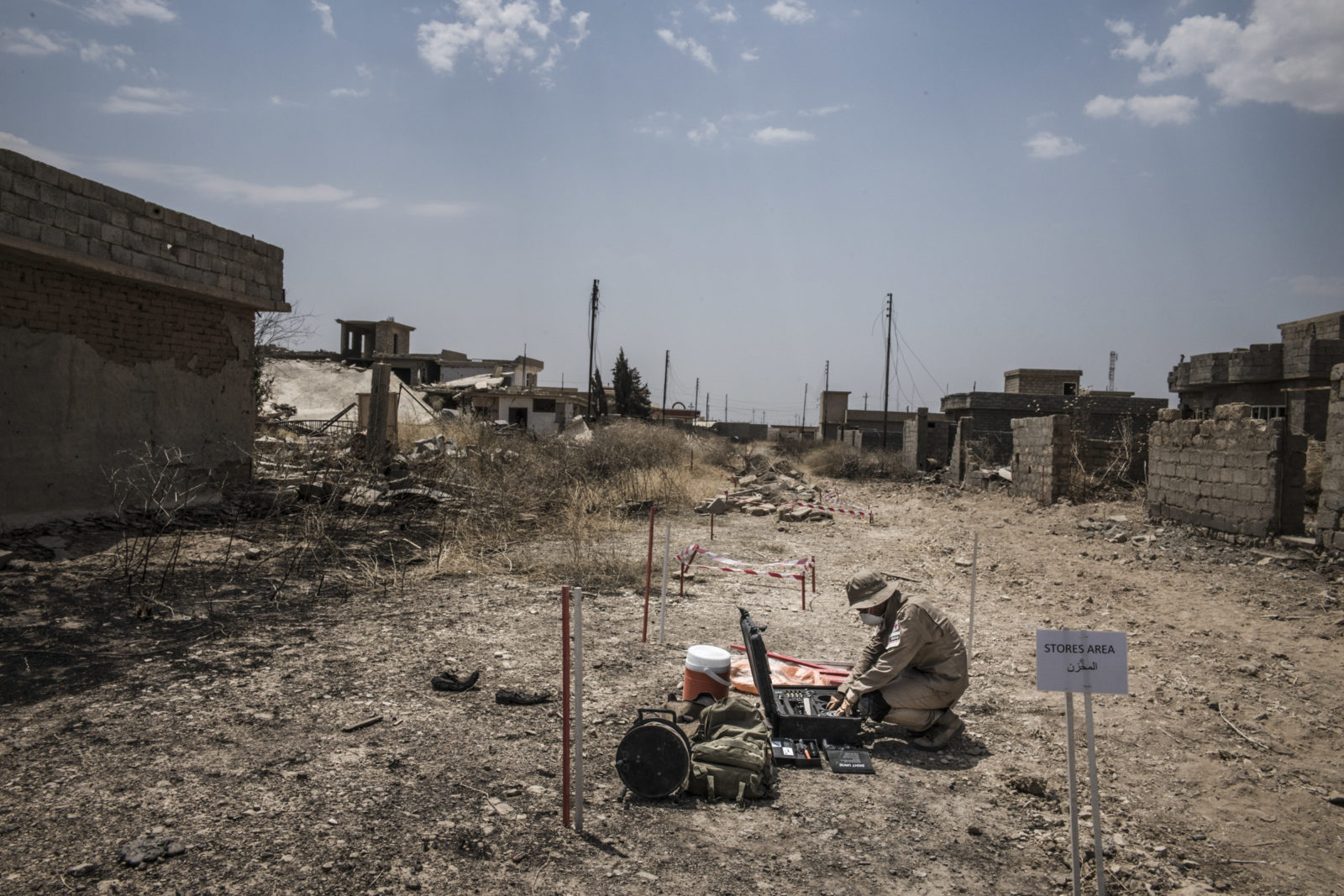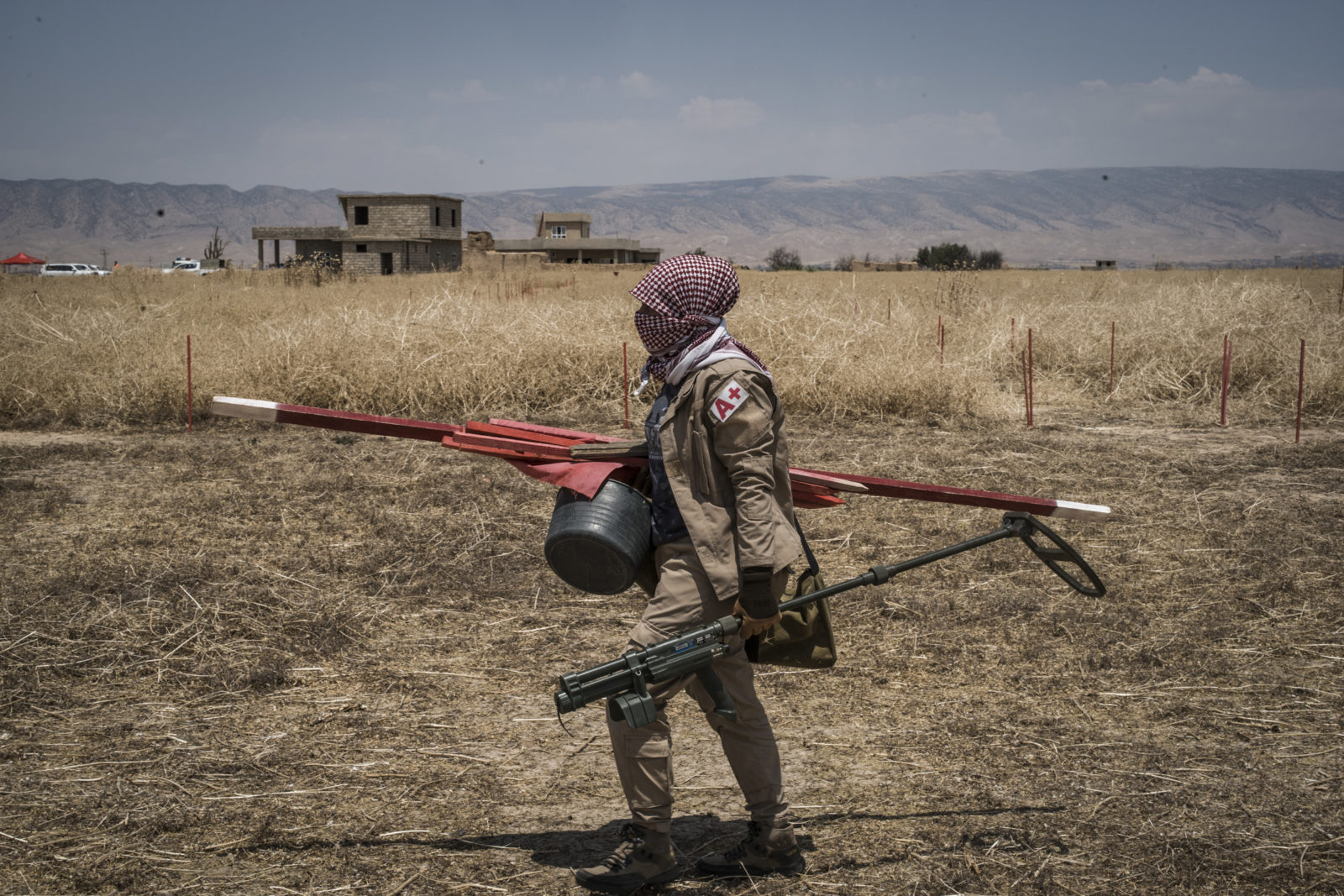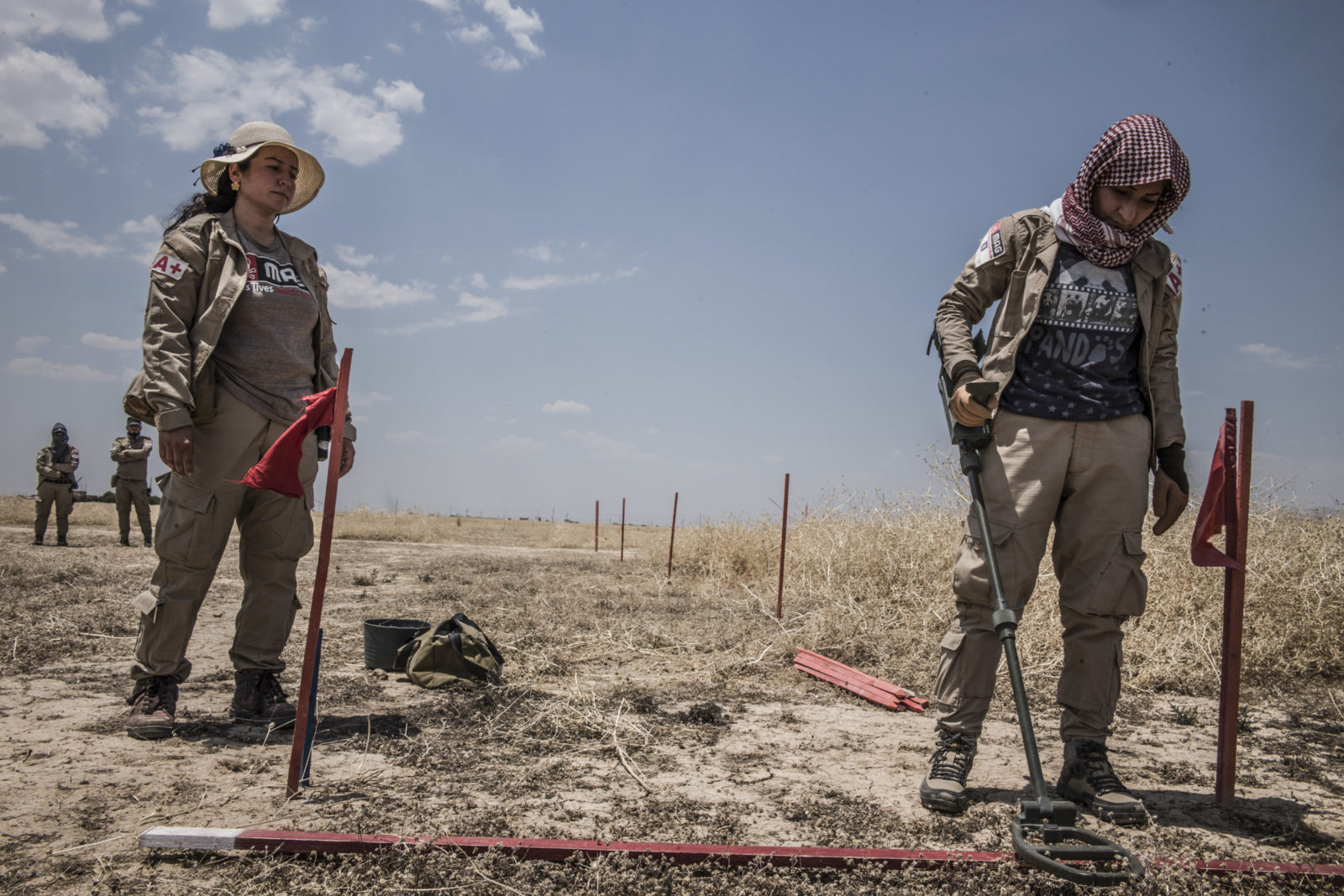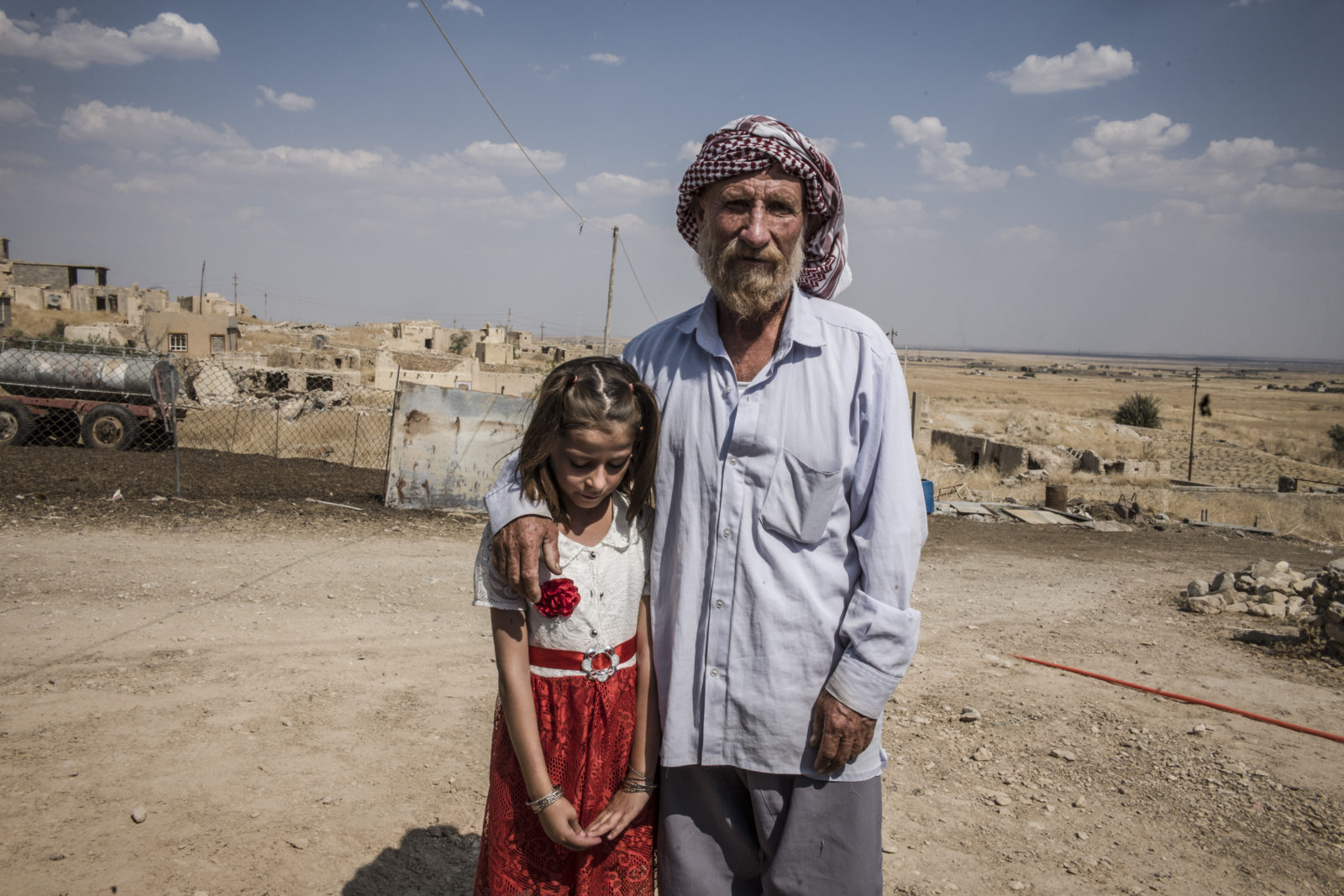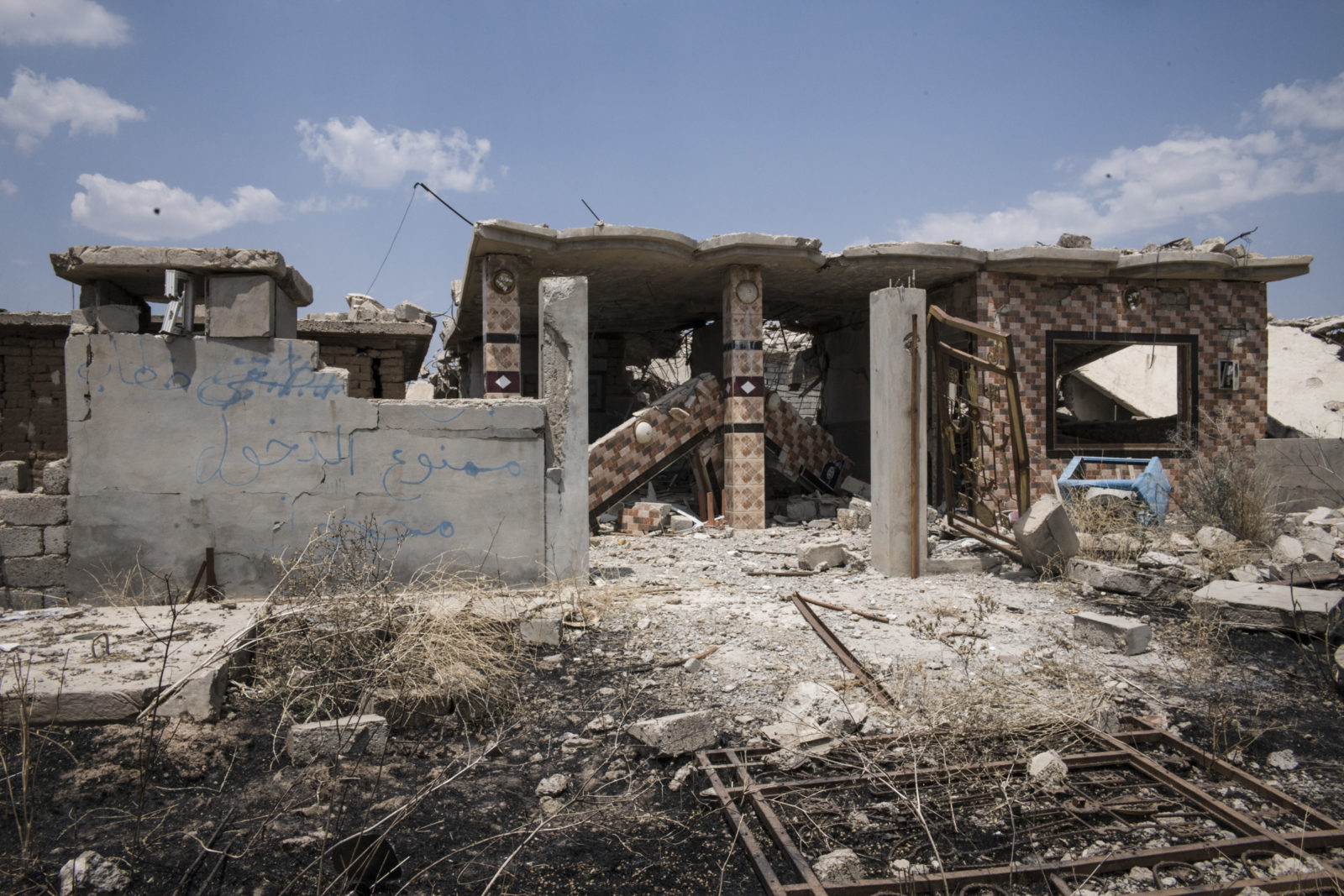The conflict in Syria, now in its tenth year, has triggered the worst humanitarian crisis in modern history. Syrians make up the largest refugee and displaced population from a single conflict anywhere in the world. They had to flee their homes within their country and across the world to seek safety. Hundreds of thousands are now in Europe, but the vast majority of refugees, more than 5.5 million people, live in displacement in neighbouring countries in the region.
Behind those numbers are human lives. This exhibition sheds light on the Syrians, but also the Iraqis, Jordanians and Lebanese, whose lives have been suspended by the war in Syria. Their stories reveal extraordinary resilience and determination to carry on, and hope in a better future.
Photo documentary in collaboration with the EU trust fund in response to the syrian crisis. https://www.voicesfromsyria.eu/stories
0mar was born in Lebanon, the first child of Syrian refugees who fled the war six years ago. During a domestic fire incident in Akkar, northern Lebanon, the four-month-old baby was severely burnt and was rushed to a hospital in Tripoli.
“The accident took place around noon. I went out to get some bread and when I came back, the tent was on fire”, explains Ghusun, Omar’s mother. “We took him to the hospital and stayed there for a whole month. I was with him all the time and it was hell. His head was hurting a lot.” Four months later, Omar’s recovery has given his family new hope.
« Thank God, things are getting better, his health is improving. All I want for him is to recover. I don’t want anything else. »
However, in a country where the majority of Syrian refugee families live below the poverty line, access to basic needs, such as health care and food, remains a serious concern. His needs and the ones of his family are still considerable. “Omar needs medication but honestly, I don’t have the money for it,” says Mohammed, Omar’s father. “Life is hard here. There are no jobs. The only available ones are for women, and they offer minimum wages. They pay $1 per hour and it’s not even enough to buy bread.”
Maria, 11, is a Palestine refugee from Syria. She and her seven siblings live in Zarqa, the biggest Palestinian camp in Jordan. They fled Syria when one of her sisters was almost kidnapped. The father disappeared in Syria. What was supposed to be a short visit across the border, became a new life. Sabah, Maria’s mother, says: “I’m responsible for my family and life is very tough. I am the mother but also the father. I’m responsible for everything.”
Ever since they arrived in Jordan, Sabah and her children have had access to cash assistance, education, healthcare and protection. Living in the Zarqa camp is their only chance of survival.
I like the school. Studying will help me succeed and grow up. I study to become an engineer or a doctor.
Riad, 42, and Thurayya, 37 are from Raqqa Syria. They live with their 7 children in a tent in an informal tented settlement in the Bekaa region in Lebanon.
Thurayya’s road to safety was a strenuous and dangerous one as she had to flee Syria on foot with her young children. At the time Riad was already in Lebanon seeking medical treatment for an injury he had sustained while working.
Daesh had occupied their hometown a year earlier and the situation quickly deteriorated. “Every day was worse than the previous one. Daesh confined us in our homes and locked us inside; we couldn’t even go out to buy some bread” explains Thurayya.
When the aviation started to strike her village, Thurayya knew she had to get her children to safety. Having barely recovered from a C-section, she started her arduous journey to cross the Lebanese border. The family attempted to flee by boat but unfortunately a few minutes after they got in, they were asked to leave the boat and had to continue on foot.
I took the kids one by one and carried them high to the other side and then we started walking. We kept on walking and walking until we got to safety. We were exhausted and we thought we would die.
Before the war broke out, they had a home and a land that they could cultivate: “we were comfortable in Syria, we were working […] we had agriculture and we had a livelihood,” says Riad.
They now live in precarious conditions in the camp with no running water or electricity. “The living conditions are absolutely deplorable but we keep saying thank God. Thank God we are alive but we are surviving bit by bit.” Unfortunately, they keep getting more and more in debt as they are unable to provide for their kids and have to borrow money to feed them. “We have absolutely no means. Ever since we got here, we are getting more and more in debt. There is no possibility of paying it back. We take on more debts and are unable to pay them.”
They receive financial support but it is not enough to cover all their basic needs. Riad sustained a spine injury from his fall and cannot work, two of their daughters have to work for 8 hours a day in a potato field instead of going to school and are barely paid. One of their sons is severely disabled but they are unable to afford his treatment; the operation is very expensive and they cannot even get him an X-ray to determine the severity of his condition.
Their life is barely sustainable but they hope the situation in Syria will get back to normal. “Safety is the most important thing now,” says Thourayya. “We just hope for the country to be safe again so we can go back,” continues Riad.
Henna, 28, is from Sinjar, north of Mosul, Iraq. She is part of the Yazidi-Kurdish community, which, amongst many others, has gone through an unspeakable ordeal during Daesh’ occupation.
Hana has one of the most important jobs in post-Daesh Iraq: identifying and clearing unexploded devices. It takes a second. A silent, almost inaudible click. And then nothing. Team 108, which she leads every day, scans the ground for undetonated mines, regardless of sun, storm or harsh wind. It saves the lives of those who still live in fear of the utter terror and destruction that was brought to their land in the blink of an eye by Daesh. “They definitely did not spare a thing when they attacked us. Nothing! Anything from rape, demolition, damaging the economy, murder, destruction, robbery! Even now that they are gone, we can see their traces,” says Hana. Return to normalcy will take time, but Hana and her team take all the risks linked to such a complex job to help their people strive once again.
Our people are now going strong. They are courageous. Especially women who accept to do such a risky, difficult job. All after the agony they went through.
Hana and her community are hopeful: “our job is extremely dangerous but we cope with it. I sure know nothing about the future… I only hope for it to be better than now and the past,” she says.
Demining, Sinjar, Iraq
